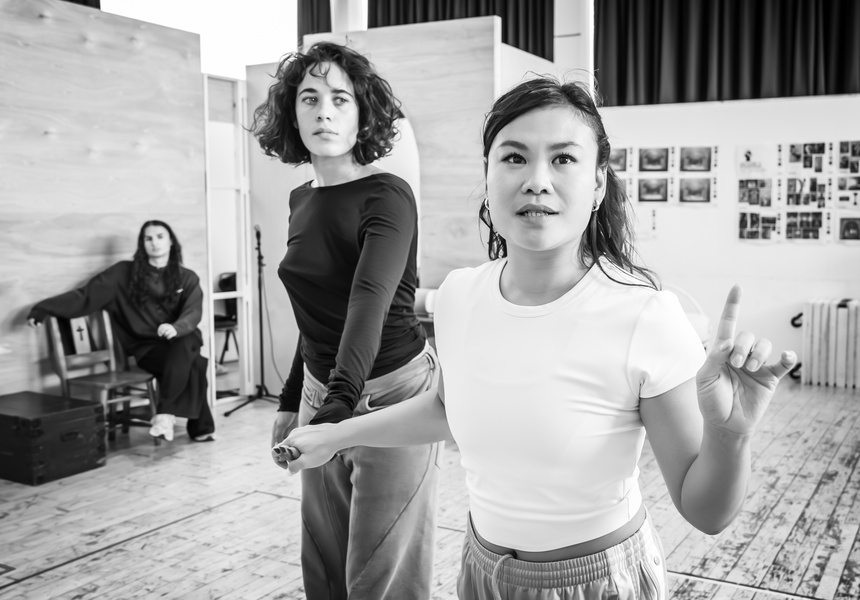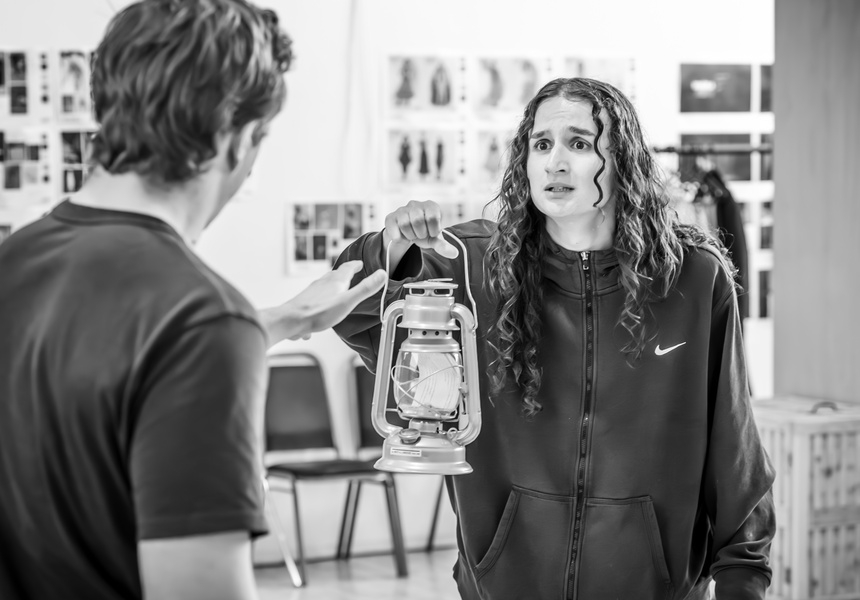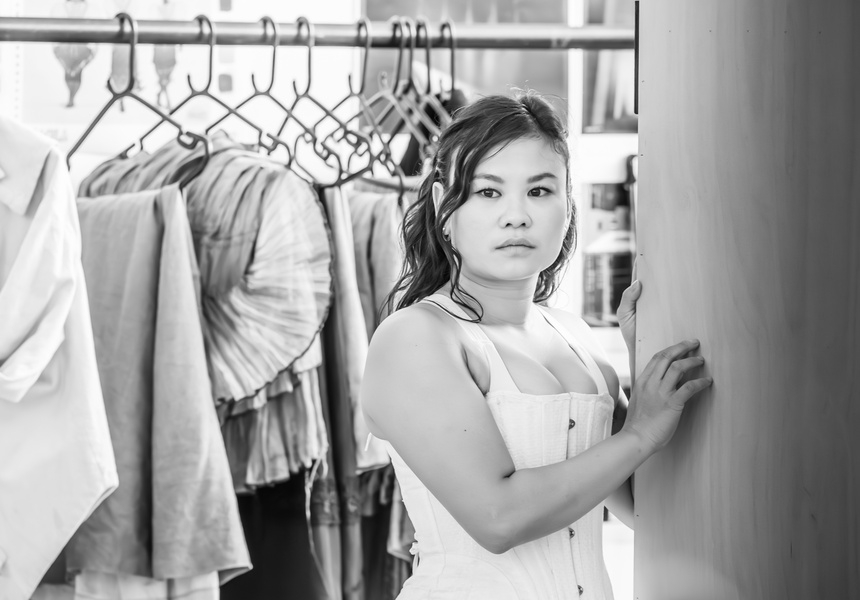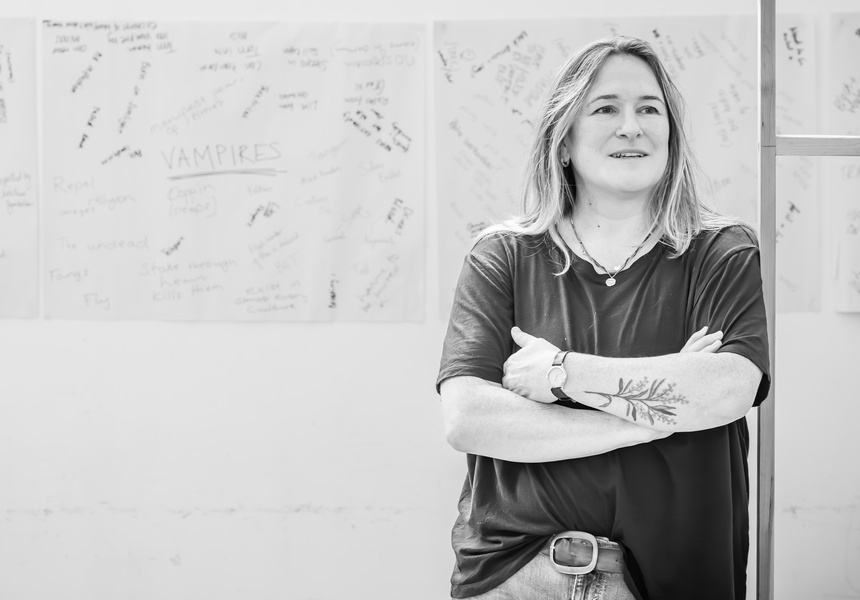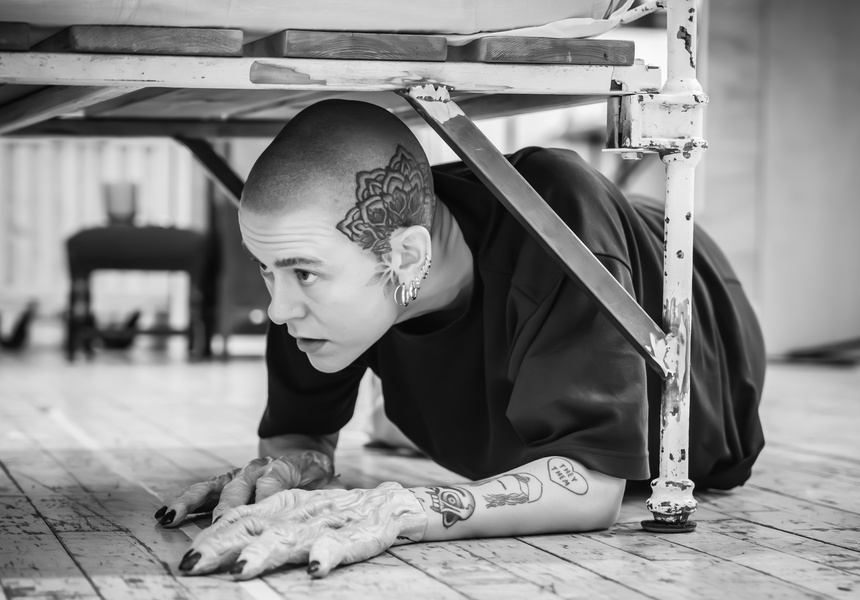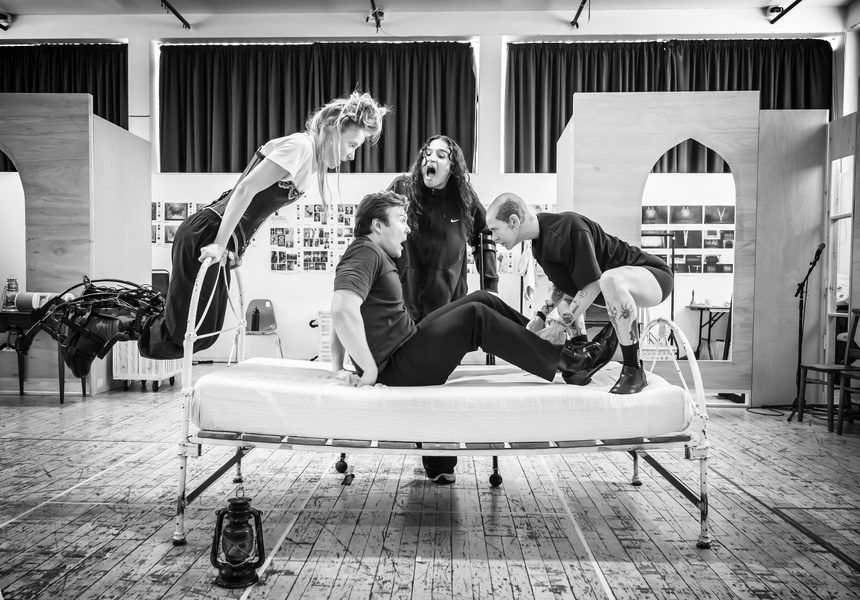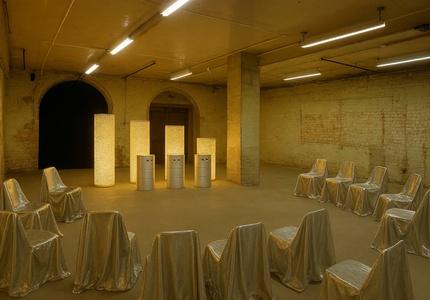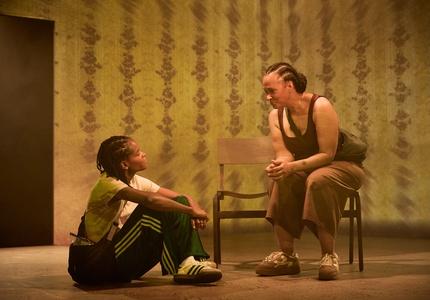“People can look down their noses on horror as being salacious and silly,” says playwright Morgan Lloyd Malcolm. “But actually it can say so much about current politics and the human condition.”
That’s what drew this fiercely political playwright to Bram Stoker’s Dracula. It’s Malcolm’s long-awaited follow-up to her Olivier Award-winning 2018 feminist hit Emilia. And she’s not the only theatre maker raiding horror’s annals for inspiration right now. Wicked star Cynthia Erivo will deliver a one-woman Dracula in the West End from February next year, while on a more intimate scale, new comedy Dracapella at Park Theatre will offer an alternative to pantomime this Christmas. These shows will join the West End’s reigning champions of horror: long-running theatreland hit Ghost Stories is back in the West End over Halloween, competing for audiences with celebrity-studded drama 2:22 A Ghost Story, which is touring the UK.
Lloyd Malcolm says the theatre world might be turning towards horror because the genre can be unexpectedly healing. “When we sit in a cinema or theatre we can experience scary things in a safe way and we can survive them,” she tells Broadsheet. “It’s like a rehearsal for bad things that could – but hopefully won’t – happen to you, one that helps you cope with the actual horrors that are happening all around us.”
This psychological insight is typical of Lloyd Malcolm’s interest in unearthing fresh truths in well-known stories. Her most successful play, Emilia, upended the familiar mythos surrounding Shakespeare’s genius, instead focusing on Emilia Bassano, the silenced female poet that his star eclipsed. It was that rare thing: a new play that felt like a major cultural moment. Its furious final monologue had audiences leaping to their feet every night with its incitement to set patriarchal power structures on fire.
There have been thousands of interpretations of Bram Stoker’s 1897 vampire novel across every medium. But Lloyd Malcolm takes a different approach. Her adaptation is female-led, told from the perspective of Mina Harker (Umi Myers) as she strives to uncover the supernatural cause of her friend Lucy Westenra’s (Mei Mac) sickness. And though it will remain set in the Victorian era, its themes will speak to the 21st century.
“It will focus on the narratives that are used to keep us scared,” says Lloyd Malcolm. “Bram Stoker used the figure of Dracula to reflect fears that were rife in Victorian society: of the foreign intruder, of contagion and disease, of women being invaded by men. Now, as far-right governments are rising to power all over the world, I want to explore how fear is being used to control us.”
Though her take is political and thoughtful, Lloyd Malcolm isn’t shying away from making a production that’s also terrifying. “It’s an adrenaline rush,” she says of the thrill of watching scary stories live, in a theatre alongside hundreds of equally petrified strangers. “We want to make a properly scary show, with a very gothic aesthetic.”
That means fake blood, of course, as well as the swishing skirts and sensuous textures that lend so much Victorian atmosphere to films like Francis Ford Coppola’s Bram Stoker’s Dracula from 1992. Lloyd Malcolm has returned to such historical settings again and again in her career, but she’s never corseted by them.
“History’s all about who’s doing the interpretation,” she says. “And as a writer you get to use your own life experiences and imagination to make things anew.”
Dracula runs at the Lyric Hammersmith from September 11 to October 11. lyric.co.uk
